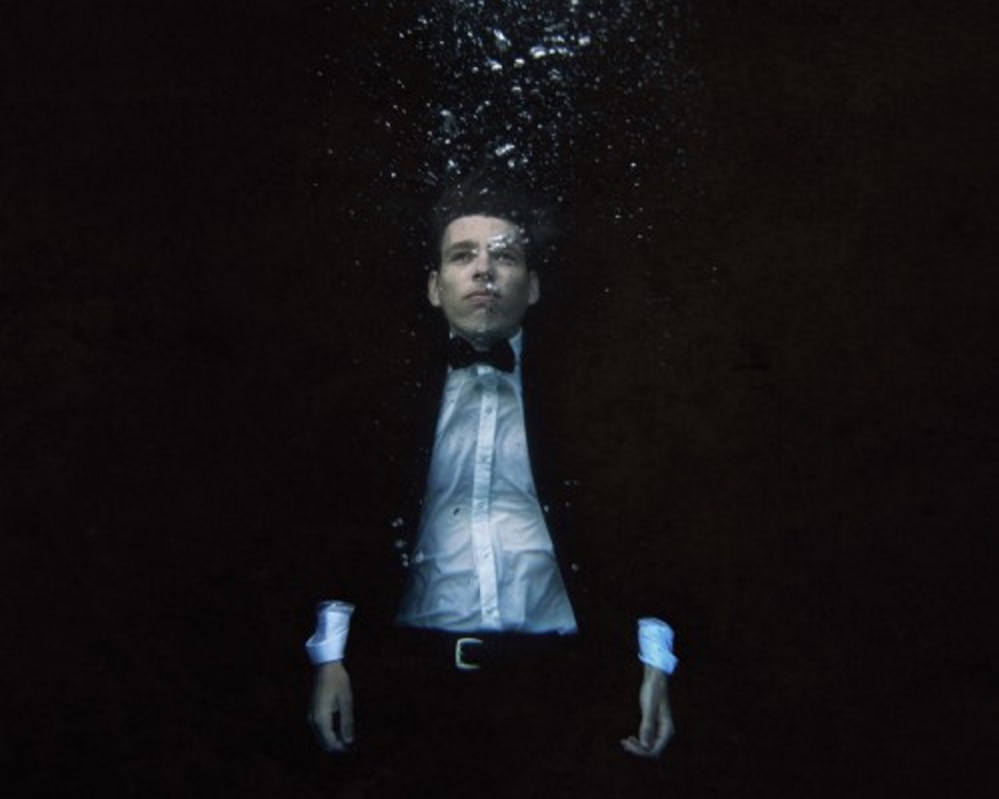The Portland Chamber Music Festival sometimes seems to be two organizations in one: a staid presenter of straightforward classical programs in its summer festival, and a sort of guerrilla organization that offers concerts of all kinds, in varied settings – chamber music in patrons’ living rooms, unpredictable contemporary programming at the SPACE Gallery – during the rest of the year.
For its concert at SPACE on Monday evening, the festival waded into the realm of indie classical, a corner of the new-music world in which young composers and performers who are comfortable in both pop and classical music blur the lines.
Indie classical (also sometimes called alt-classical, although the musicians who play it tend to dislike both names) was an inevitable development. Although purists and genre snobs may have hoped to keep music compartmentalized, the generation of composers who grew up listening to rock, jazz and classical music, and prizing them equally, were bound to experiment with music that draws on all those styles. Their work, though manifestly not for all tastes, has revitalized new music and won it a large audience that shares the musicians’ musical curiosity and open-mindedness.
The program on Monday was a double bill with some spillover: Jherek Bischoff, a musical omnivore who has composed for classical ensembles like the Kronos Quartet and the Brooklyn Youth Chorus, and collaborated with rock musicians like Amanda Palmer and Wilco’s Nels Cline, presented eight of his works, plus an inventive string quartet arrangement of David Bowie’s “Life on Mars,” in the first half. In the second half, Mirah Yom Tov Zeitlyn, a singer-songwriter who performs simply as Mirah, sang 11 songs from her recent albums.
Mirah also turned up in Bischoff’s set to sing “The Nest,” a quiet, plaintive song she and Bischoff wrote together and recorded on Bischoff’s 2012 “Composed” album. And Bischoff played bass (an Orlando copy of Paul McCartney’s Hofner violin bass) during Mirah’s set, and conducted the string quartet that accompanied them both.
Bischoff opened his part of the program with “Kule Kule,” a vigorous fanfare that melded an insistent bass figure – a repeated, growling chord, played with a percussive steadiness – to a quartet score wreathed in figuration that evoked Aaron Copland’s “Hoe Down.” He switched to ukulele for other works, including “The Nest” and “Eyes,” a quirky cabaret song from “Composed,” with lyrics by David Byrne, which Bischoff – not really a singer – conveyed with a disarming directness.
Other works showed similarly wide-ranging influences. In “DAE 2,” Bischoff’s brisk opening bass line was a direct lift from the Easybeats’ 1967 hit, “Friday on My Mind,” and as the piece unfolded, there was a faint glimmer of the Rolling Stones’ 1966 “Paint it Black” in the string score. Yet the score’s highlight was a virtuosic flourish for solo violin, played by Josh Henderson, in the extroverted style of the 18th century composer Arcangelo Corelli’s “Variations on La Folia.” And there were several more overtly classical pieces, in a slow-moving, atmospheric, almost minimalist style, from “Cistern,” his new recording, due in July.
Mirah’s work is unabashedly pop, in an indie folk style, and she doesn’t pretend it’s anything else, the rich string accompaniments notwithstanding. Much of the emphasis is on her lyrics, which are clever, often melancholy, and sometimes searingly direct (Her last album, 2014’s “Changing Light,” was largely about a romantic breakup). Still, she toyed with the question of how her music was perceived, briefly, asking the audience whether they thought of the performance as chamber music or a rock concert, and seemed satisfied with the response, that it was a hybrid.
Actually, a case could be made that there is classical and jazz DNA in Mirah’s music, something that becomes apparent if you think of her graceful, wide-ranging melodies and often unusual song structures on their own terms, divorced from her gently unadorned vocal style.
Songs like “The Light,” “The World Is Falling Apart,” “Radiomind” and “Oxen Hope” have winding vocalise passages that take surprising chromatic turns. The melody of “While We Still Have the Sun” is transformed from sweet simplicity to shapely syncopation in its final version. And “Country of the Future,” supported by an almost military drum line, played by Maia Macdonald (who elsewhere played guitar, bass and synthesizer, and sang vocal harmonies), is at heart a Latin jazz piece.
The expert accompanying ensemble, besides those mentioned, included violinist Rachel Panitch, violist Abby Swidler and cellist Ju-Young Lee.
Allan Kozinn is a former music critic and culture writer for The New York Times who lives in Portland. He can be contacted at:
allankozinn@gmail.com
Twitter: kozinn
Copy the Story LinkSend questions/comments to the editors.



Success. Please wait for the page to reload. If the page does not reload within 5 seconds, please refresh the page.
Enter your email and password to access comments.
Hi, to comment on stories you must . This profile is in addition to your subscription and website login.
Already have a commenting profile? .
Invalid username/password.
Please check your email to confirm and complete your registration.
Only subscribers are eligible to post comments. Please subscribe or login first for digital access. Here’s why.
Use the form below to reset your password. When you've submitted your account email, we will send an email with a reset code.